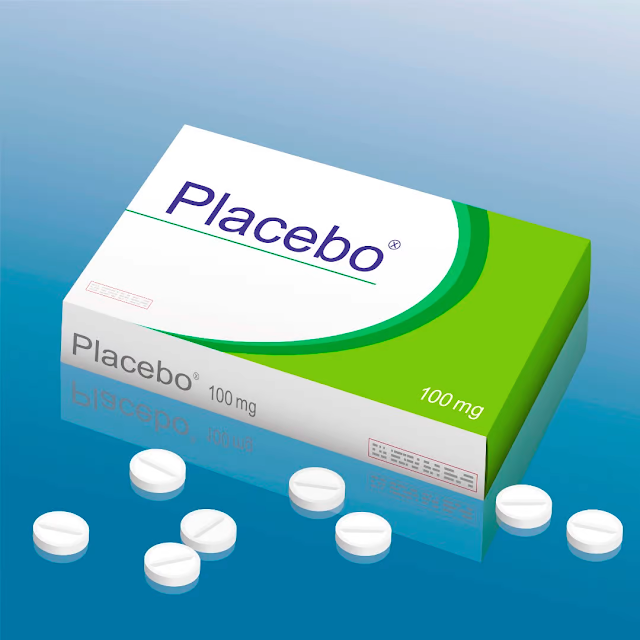The Impact of Violence and Abuse
By Julie Choi Trepkau, AMFT 147728 (she)
Julie is an Associate Marriage and Family Therapist (AMFT) who holds a
Master's in Counseling from National University, and is dedicated to supporting
individuals from diverse populations as they navigate life’s challenges,
including anxiety, depression, trauma, life transitions, and relationship
concerns. Julie’s background is in yoga and education, having taught yoga
internationally for over two decades as well as elementary school in
Encinitas.
Healing from violence and abuse is a deeply personal and
ongoing process. There is no single person, report, or event that can bring closure. Survivors may carry the effects of their
experiences for a long time, and the healing process can be aided by a circle
of support from those around them.
Unfortunately, many survivors report experiencing additional
harm when they disclose the situation or reach out for help. The process of
reporting and seeking support can lead to revictimization. This makes it
crucial for friends, family, and communities to approach survivors with sensitivity,
empathy, and a commitment to creating a safe space.
As a member of someone’s support system, you can make a
difference. By listening without judgment, affirming their experiences, and
respecting their choices, you can contribute to their healing process. Small
acts of kindness, patience, and validation can help rebuild a survivor’s sense
of safety and trust in others.
Sexual and Domestic Violence and Oppression
Sexual and domestic violence and oppression do not occur in
a vacuum — they are shaped by the personal, social, and political context of the
survivor’s life. Identity factors such as race, class, disability, gender,
language, neurology, sexual orientation, religion, immigration status, body
size and more influence how a person may experience and heal from the impact abuse.
Understanding this context helps us recognize that healing is not just
personal; it is also shaped by broader systems of oppression.
Sexual and domestic violence and oppression are about power
and control (“power over”) and depend on myths rather than facts to justify
harm. Experiencing violence and oppression can alter a person’s self-definition,
world view, and beliefs about how others perceive them. The lasting effects of sexual
and domestic violence and oppression can challenge a person’s identity.
Experiences of sexual and domestic violence and oppression send lasting harmful messages about a person’s self-worth, but with support and validation, survivors can be empowered to heal.
For further support, please reach to Mira Costa Health Services at 760.795.6675, mccshs@miracosta.edu, or www.miracosta.edu/healthservices,or stop by Building 14, room 14114 at the OC campus or Building 900, room 917 at the SAN campus.
Content of this article is in part inspired by work by
Tiombe Wallace, LMFT




Comments
Post a Comment